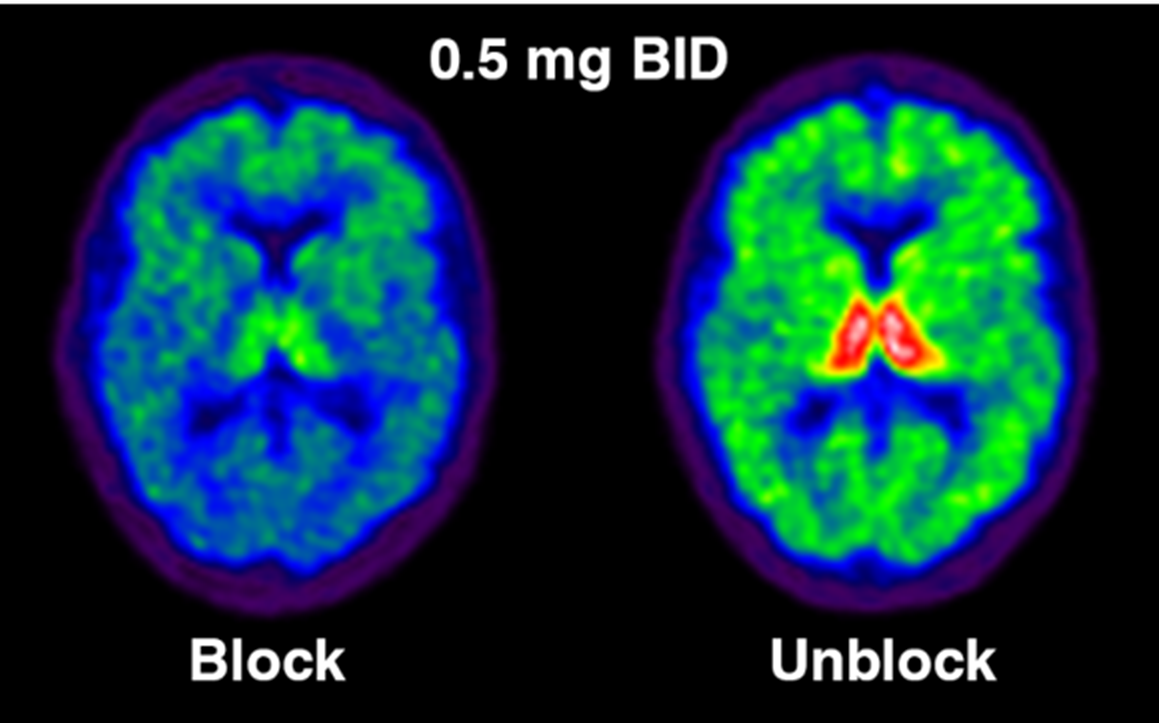VA Ann Arbor Healthcare System Research Services
Neurosciences Research Core
Some of the most vexing health problems that face Veterans affect the brain, spinal cord, and peripheral nervous system. Neuroscience researchers at VA Ann Arbor aim to advance the understanding and control of neurological disease by studying a wide range of topics, including neurology healthcare delivery, new therapeutics, and disease mechanisms. Ongoing studies include clinical trials in Parkinson’s disease, imaging of movement disorders, and molecular studies of Alzheimer’s Disease and Related Dementias and other neurodegenerative conditions. Our research is tightly aligned with the missions of the Geriatric Research and Education Clinical Center (GRECC) and is funded by NIH, VA BLR&D, CSR&D, and RR&D. On site laboratories in Building 31 collaborate with investigators that cross multiple disciplines and utilize state-of-the-art research infrastructure that includes advanced microscopy, lab animal facilities, genomics instrumentation, and molecular and cell biological capabilities.
Affiliated Investigators
Roger L. Albin, MD, leads research to improve understanding of and to develop new treatments for presently difficult to manage aspects of Parkinson disease. This research is pursued primarily with advanced imaging methods.
Nicolaas Bohnen, MD, uses PET and MR neuroimaging in the study of neurodegenerative disorders and normal aging. Current projects include the evaluation of dopaminergic, cholinergic, serotonergic and β-amyloid brain activity in patients with Parkinson, dementia with Lewy bodies and Alzheimer disease and in community dwelling elderly with motor, cognitive, and mood symptoms.
Tiffany Braley, MD, focuses on the causes, impact, and treatment of sleep disorders and chronic symptoms in multiple sclerosis and other neurological conditions.
Jim Burke, MD, is a vascular neurologist and health services researcher. His research focuses on understanding individual-level values of various treatment, exploring the societal net benefits of vascular risk factor modification and understanding racial disparities after stroke.
Brian Callaghan, MD, is interested in optimizing neuroimaging for veterans with headache. His research team is trying to determine the best MRI protocol for those that need headache neuroimaging and identify those veterans that need any neuroimagaing.
Evon S. Ereifej, PhD, is interested in neural engineering, intracortical microelectrode design, nano-architecture, CNS inflammation, biocompatibility, and biomaterials.
Benjamin Hampstead, PhD, is Director of the Research Program on Cognition and Neuromodulation Based Interventions (RP-CNBI), whose mission is to identify and provide effective non-medication based treatments for those suffering the cognitive, emotional, or functional consequences of brain injury or disease.
Kevin Kerber, MD, MS, conducts health services research to optimize efficient & effective care delivery in routine practice (e.g., development & implementation evaluations of interventions to for dizziness presentations).
Vikas Kotagal, MD, MS, uses neuroimaging to better understand biological changes linked with disease progression in Parkinson disease and related conditions. Clinical trials testing new potential treatments for parkinsonian conditions
Dan Leventhal, MD PhD, studies how changes in brain circuitry cause Movement Disorders like Parkinson Disease, dystonia, and other forms of abnormal movements. His laboratory team does this in rodent models using behavioral and physiologic techniques including machine learning for “deep phenotyping”, electrophysiology, optogenetics, and fiber photometry.
William Stacey, MD, PhD, is a clinical epileptologist and has a neural engineering laboratory dedicated to epilepsy research. The lab uses a combination of electrophysiology, machine learning, signal processing, and computational modeling to model and describe neural data. Data for these projects are acquired from a large database of human patients, an ongoing clinical study in patients undergoing surgical implantation of electrodes, and several outside collaborations in other models. The lab is specifically researching the relationship of high frequency oscillations with seizure mechanisms, developing methods to target and stimulate the brain to stop seizures, and methods to quantify seizure dynamics.
Peter Todd, MD, PhD, investigates nucleotide repeat expansions that cause human neurodegenerative disorders such as Amyotrophic Lateral Sclerosis, Frontotemporal Dementia, and Cerebellar Ataxia.
Michael Wang, MD, PhD, studies the biological basis of stroke and vascular dementia, with an emphasis on the molecular basis of CADASIL.




















